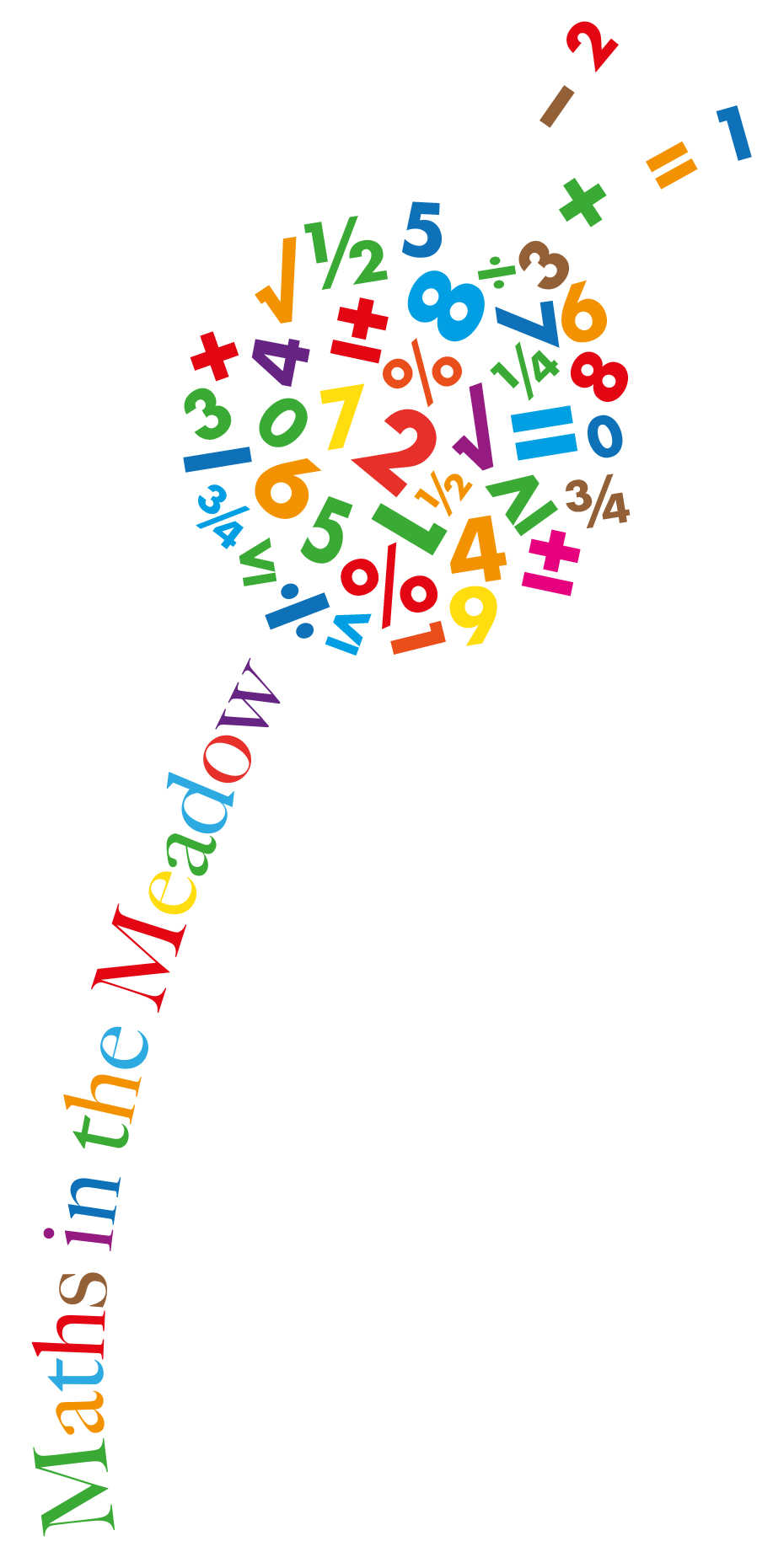TUITION
Tuition services cover a broad range of knowledge and skills depending on the age and stage of the learner involved. Curriculum areas, including literacy, numeracy and science, are developed through activities including observing the natural world, cooking, gardening, dog agility, story-telling, imaginative play, board games, den building and physical activities.
We conduct an assessment to find any gaps in the learning and check what the learner knows and what they can do. A learner may have missed out on months of their education or find that they struggle with one particular area such as maths. These areas can be re-visited within the activities.
MATHS IN THE MEADOW
Our innovative ‘Maths in the Meadow’ programme helps young people with their number skills through practical activities out of doors.
Children naturally use mathematical thinking and learn mathematical skills as part of their outdoor experiences. They will develop mathematical ideas and reasoning, extending their learning using the amazing resources that nature has provided. The activities are chosen to unleash the mathematical potential of the learners who are able to discover things about shape, distance and measures through their physical activity.
Maths in the Meadow Activities
Activities are geared to the stage of development of the learner and can include counting, adding, subtracting, multiplication and division as well as more complex maths concepts such as estimating, measuring volume and length, algebra, fractions, ratios, percentages, telling the time and using money. Here are some examples
- Estimating how many steps it takes to walk the perimeter of the field and drawing that on paper.
- Laying out animal feed in certain patterns to improve understanding of concepts - eg circle, triangle, rectangle and square, perimeter, radius.
- Measuring the length of a horse’s stride and charting whether a smaller horse has a shorter stride. Problem-solving what that means for where to place poles so that each horse takes a defined number of strides between one pole and another.
- Working out the ratio of wormer to bodyweight for a horse. Using a weigh-tape to weigh a horse and then working out how much wormer to give that horse based on its weight.
- Estimating and checking the volume of different containers such as a hamster’s water bottle, the learner’s own flask or the horse’s water trough.
- Using pebbles, apples or sticks to practice concepts such as larger, smaller, longer, shorter.
- Identifying patterns and shapes such as a fairy ring of mushrooms, where the daisies grow, the shape of different trees, which way the wind blows according to the way that the hedges are leaning, recognising directions from the way the sun moves across the sky.
- Taking part in the Big Butterfly Count and Great Garden Birdwatch and making charts to show the prevalence of different species.
- Counting the days or weeks until the chickens will hatch!
THERAPEUTIC
Learning is a risky business. Learners may have experienced previous trauma and struggle to feel safe. They need to be able to try things out and make mistakes without fear of criticism or judgment.
Spending time in the natural environment and being with animals is an innovative way to engage those who are out of education, including those on the autism spectrum, those with social, emotional or behavioural difficulties, ADHD, anxiety and insecure attachment.
VOCATIONAL AND FUNCTIONAL SKILLS
Learners of all ages are able to take accredited units and national qualifications, from Entry Level to Level 2. through EAQ’s accreditation with awarding organisations including OCN London and Open Awards.
Learners can build on units previously achieved and work towards an Award, a Certificate or a Diploma. These qualifications can help learners to gain a place at college, be offered a volunteer role or used as evidence of knowledge and skills ready for the world of work.
These national qualifications are portfolio-based.
The evidence to show how the learner has met the assessment criteria can be gathered using video, photos or written statements from members of staff. Evidence can be gathered over a long period of time without causing stress or anxiety for the learner.
Popular units include:
- Developing confidence working with animals
- Team building
- Study skills
- Monitor livestock out of doors
- Health and safety in a practical environment
- Developing personal confidence and self awareness.
VIRTUAL
EAQ has over 100 units available online and provides one to one tutoring support via video or audio link for those who are not able to access face to face sessions.
Sessions include virtual tours of the outdoor environment, observing wildlife, studying birds, making bird treats, cooking, arts and crafts, and board games as well as booklets written specifically or the learners who wish to take qualifications.